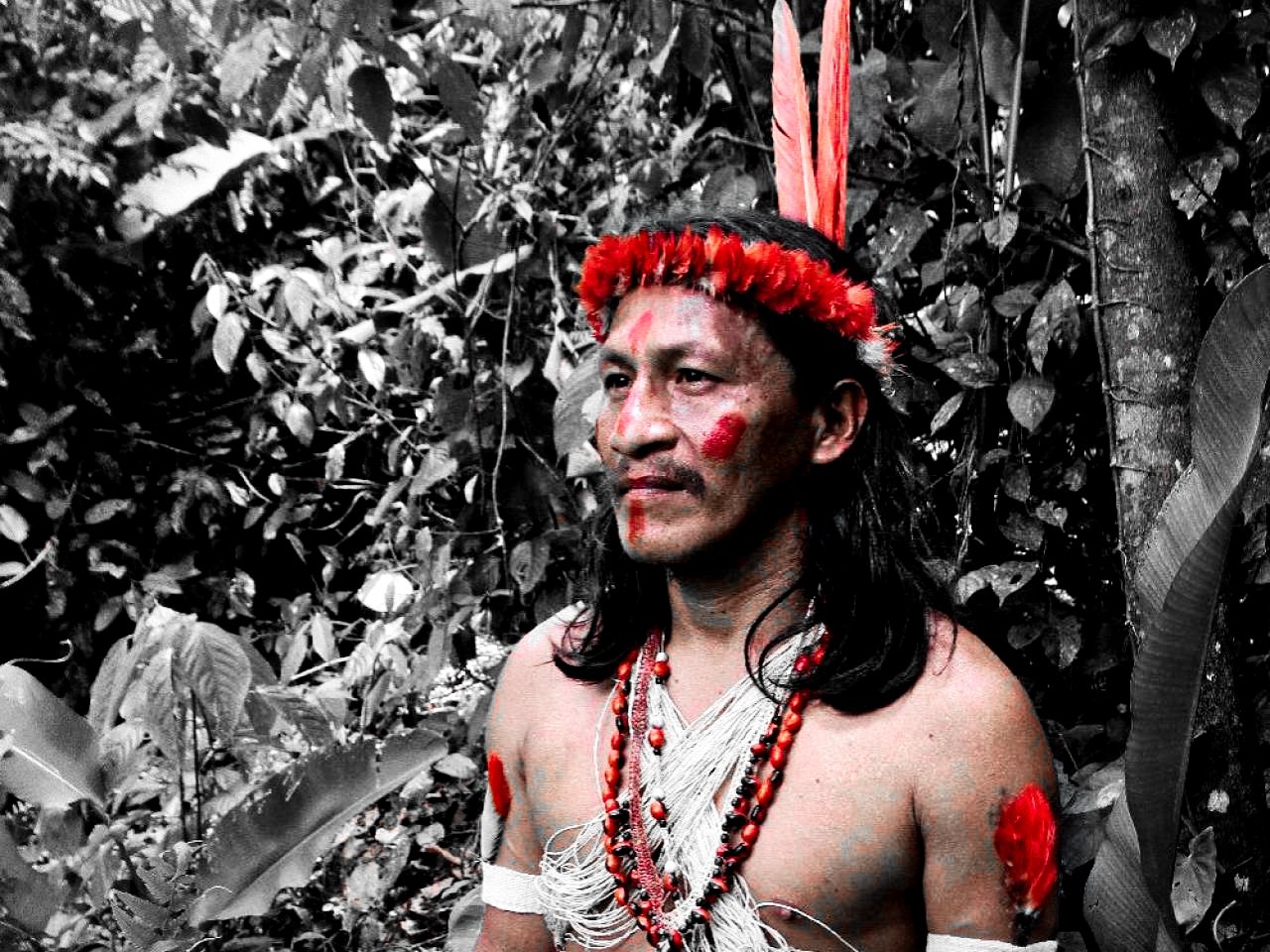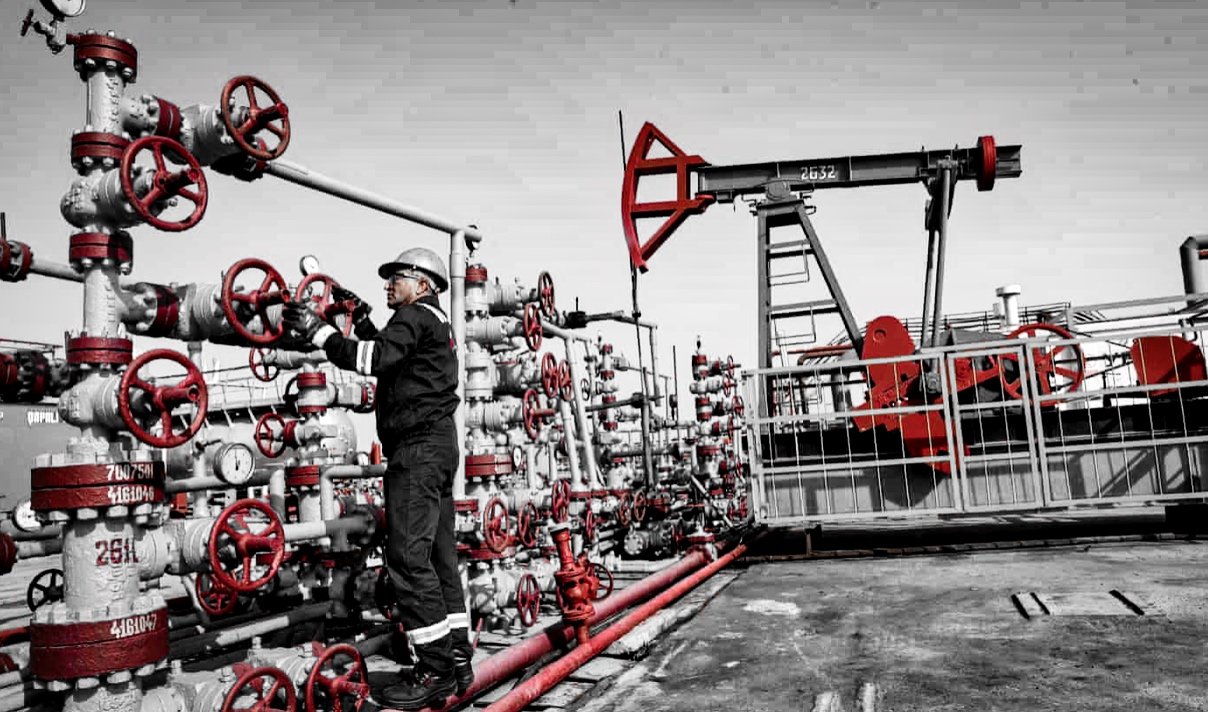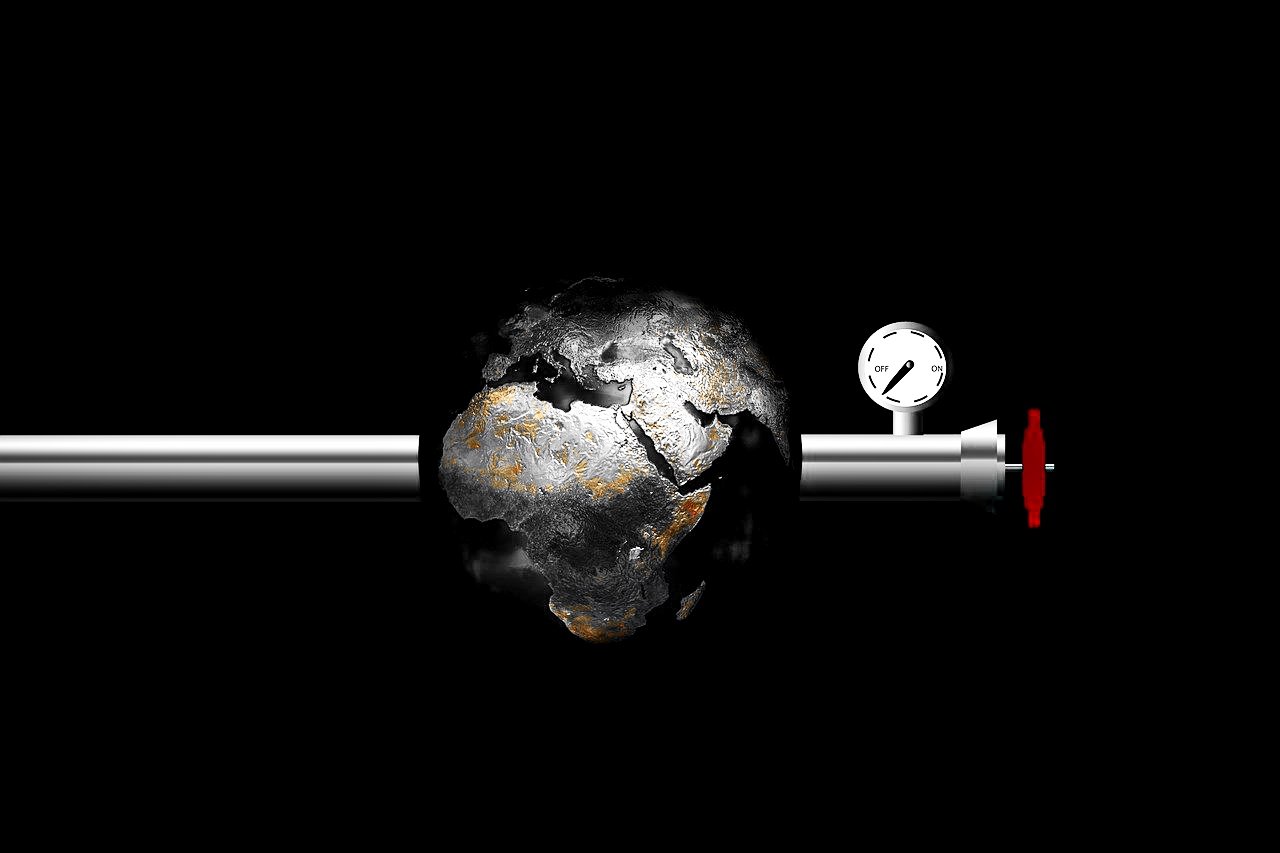”Is all the chaos and violence worth it for change?” Anthony Bourdain asked 10 years ago of his expedition to Beirut, Lebanon for CNN’s Parts Unknown. Ten years later, he may well have asked the same question.
Not so long ago, someone on this site wondered how Anthony Bourdain’s Parts Unknown more politically minded programs would age over time, given how volatile and uncertain the world picture has been of late. The last new, original Parts Unknown aired in September 2018, after all. Much has changed since then — and continues to change, day to day, minute by minute in some cases.
Enter, Beirut.
‘Lebanese grapple with fear and tough choices as regional war looms.’
- Al-Jazeera English.
'Waiting for a Wider War, Lebanese Civilians Feel Helpless.’
- The New York Times.
‘Calls for foreigners to leave Lebanon as war fears grow.’
- BBC.
Veterans warn of echoes from the 1982 Lebanon war as new conflict looms on Israel’s northern borders.
- The Guardian, 22 hours ago.
Bourdain dealt in universal truths. We know this. We just need reminding on occasion, that’s all.
And so, enter Beirut.
Again.
Bourdain’s last Beirut episode for Parts Unknown — his third trip to Beirut, cameras in tow; his first, in 2006, was cut short after two days with bombs raining down on the city after war between the terror group Hezbollah, the political kingmakers propping up a relatively toothless government in Lebanon, and neighbouring Israel, forcing Bourdain and his team to evacuate the country — aired on 21 June 2015, and closed out Parts Unknown’s fifth season.
Bourdain’s “Beirut trilogy” would go on to become his defining cultural and cinematic achievement, his Alexandra Quartet.
Beirut was also — and this is just my opinion mind — director/Producer Tom Vitale’s finest hour. Nobel material. It was as if everything came together in a confluence of historical, geo global and cultural ripples in time. It was partly unfinished business — Bourdain felt he owed it to the place, to the country and to the people who live there to finish what he started — and partly to make peace with himself. He returned to Lebanon to film the original episode interrupted by the war, this time using a new approach. He would use food as a way to tell the stories of real, actual people with dreams, hopes and real fears about the future and the future of their children, and politics with more depth than the news ever could. In an interview with Blogs of War, as recalled by veteran BBC Lebanese correspondent Kim Ghattas in a 2018 essay for The Atlantic (the essay is still available for reading, behind a paywall; Ghattas also posted it on her Twitter account), Bourdain described the trip as a “defining moment for the show, and a kind of crossroads … personally,” while talking up Beirut as a “magical” place of “unbelievable possibilities.”
Ghattas, who wrote the 2013 book The Secretary: A Journey with Hillary Clinton from Beirut to the Heart of American Power about her travels with Hillary Clinton during Clinton’s tenure as US Secretary of State, would later write a seminal post-1979 history of the Middle East, Black Wave: Saudi Arabia, Iran, and the Forty-Year Rivalry That Unraveled Culture, Religion, and Collective Memory in the Middle East, was profoundly affected by Bourdain’s take on her home country, and with good reason. Ghattas was raised Christian in Lebanon during that country’s 1975-1990 civil war; she attended the American University of Beirut, worked as an intern at a local English-language newspaper during her studies, and went on to work for the Financial Times and the BBC from Beirut. She would go on to become the BBC’s chief correspondent covering the US State Department.
Beirut, topographically and geographically similar to Tel Aviv in many respects, is a glittering modern city by the sea, just up the coast on the Eastern Mediterranean, and has been called the Paris of the Middle East, and with good reason, at least in past, happier years.
Beirut’s geopolitical location, though, in the crosshairs of an unending parade of regional wars, has ensured that it has a troubled past, imperilled present and equally uncertain future. Watching Beirut today, at this every hour, and listening to Bourdain’s words once again, it’s hard not to be struck by his wisdom, his grace, and his telling insights into human nature.
This was personal.
“In 2006,” he recalled later, “I, along with my crew, had been taken off the beach by the 24th Marine Expeditionary Unit and transported to the USS Nashville, and from there to Cyprus and home.
“One day, I was making television about eating and drinking. The next, I was watching the airport I’d landed in a few days earlier being blown up across the water from my hotel window.”
Bourdain came away from the experience deeply embittered, confused — and determined to make television differently than he had before.
“I didn’t know how I was going to do it or whether my network at the time was going to allow me, but the days of happy horses**t, the uplifting sum-up at the end of every show, the reflex incursion of a food scene in every act — that ended right there.
“The world was bigger than that. The stories were more confusing, more complex, and less satisfying in their resolutions. As I noted in my utterly depressing last lines of voice-over in the show, we eventually put together, in the real world, good people and bad people are often crushed under the same terrible wheel.
“I didn’t feel an urge to turn into Dan Rather. Our Beirut experience did not give me delusions of being a journalist. I just saw there were realities beyond what was on my plate, and those realities almost inevitably informed what was — or was not — for dinner. To ignore them had come to seem monstrous.”
And yet.
It’s the “and yet” that gives Bourdain his grace.
“And yet, I’d already fallen in love with Beirut. We all had — everyone on my crew. As soon as we’d landed and headed into town, there was a reaction I can only describe as pheromonic: The place just smelled good. Like a place we were going to love.
“You learn to trust these kinds of feelings after years on the road.”
They met lovely people. They found fantastic food everywhere. A city with a proud, almost frenetic party and nightclub culture.
“A place where bikinis and hijabs appeared to coexist seamlessly — where all the evils, all the problems of the world could easily be found right next to and among the best things about being human and being alive.
“This was a city where nothing made any damn sense at all — in the best possible way. A country with no president for over a year, ruled by a power-sharing coalition of oligarchs and Hezbollah, with neighbour problems as serious as anyone could have, a history so awful and tragic that one assumed the various factions would be at each other’s throats for the next century.”
And yet.
“And yet, you could go to a seaside fish restaurant and see people happily eating with their families and smoking shisha, people who in any other place would be shooting at each other …
“That is an egregious oversimplification. … It defies logic. It defies expectations. It is amazing.”
“Beirut. Everybody should come here. Everyone should see how complicated, how deeply troubled, and yet at the same time beautiful and awesome the world can be.”
Supplementary reading:
https://explorepartsunknown.com/beirut/episode-intel-from-beirut/










